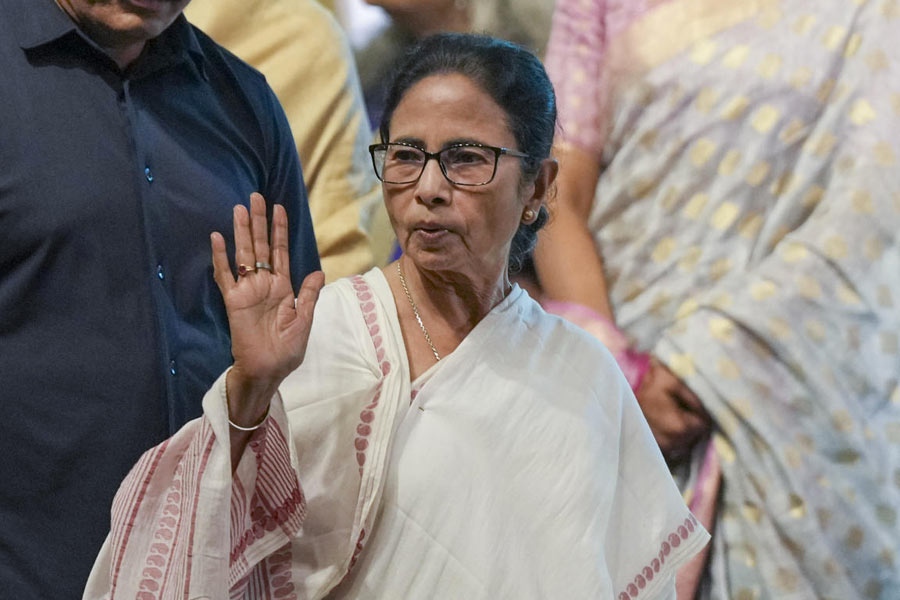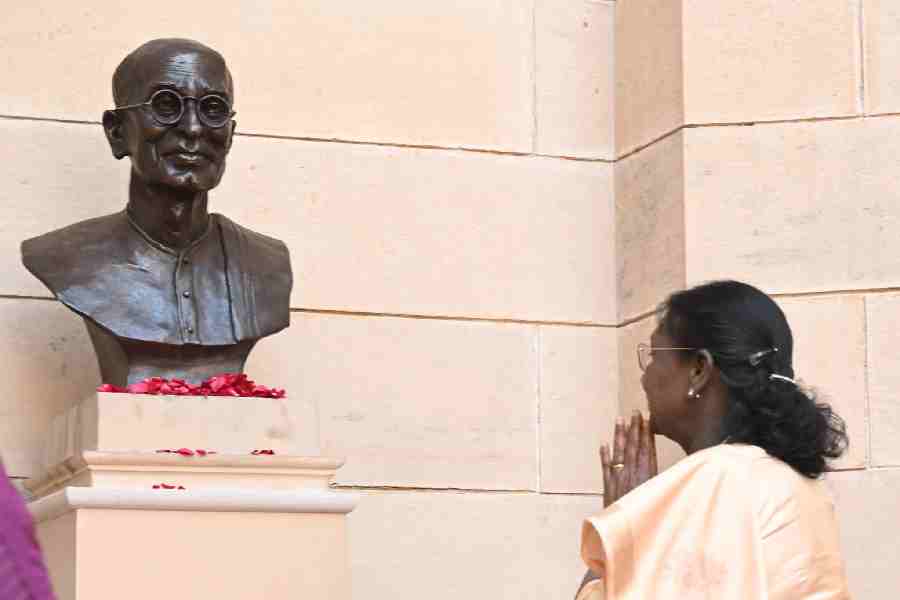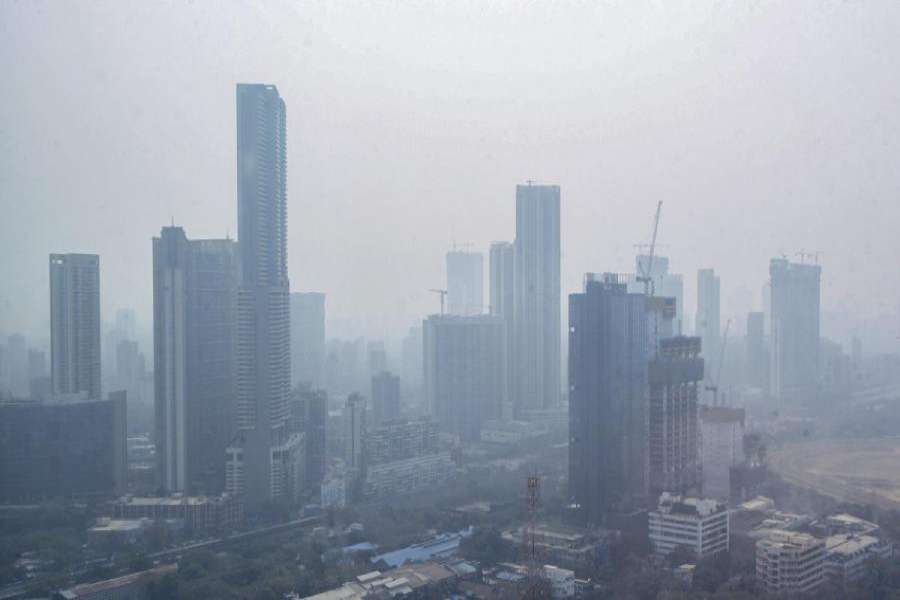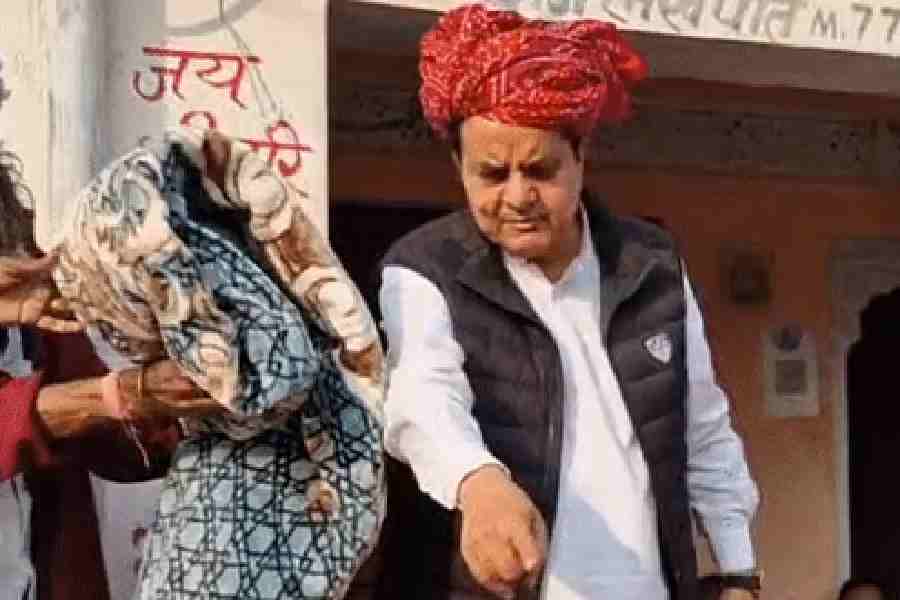 |
July 10: Medical institutions in the city will soon have to implement the tenets of the Hippocratic oath.
Going by the tough stand of the district administration, private hospitals and nursing homes in the city will no longer be able to shy away from their social obligations.
Often accused of charging exorbitant fees, engaging government doctors and being indifferent towards social causes, private hospitals and nursing homes have been directed to adopt at least two slums each in the city for effective implementation of government health schemes.
There are 26 slums and 32 major private hospitals/nursing homes in 60 municipal wards.
Deputy commissioner of Kamrup (metro), Avinash Joshi, said according to the latest amendment of the Assam Health Establishment Act, private hospitals would have to play a more meaningful role in furthering social causes.
Joshi held a meeting with the representatives of all city-based private hospitals on Monday evening and issued a slew of strict instructions to be implemented.
The private hospitals were warned that if they failed to follow the instructions, the district administration would take punitive action and might even close down the institution immediately.
Though the deputy commissioner did not elaborate, a senior health department official said Joshi had expressed intense displeasure over the role of private hospitals in public health welfare schemes in the city.
“The success rate of the immunisation programmes is very poor in the city. Despite being the capital district of Assam, Kamrup (metro) district may be ranked among the top five worst malaria-hit districts,” the official said.
According to the new rules, every private hospital will have to adopt one or two slum areas in the city to implement healthcare schemes for children and pregnant women.
The hospitals will conduct health camps in the slums every fortnight.
While the private hospitals will have to recruit manpower for community mobilisation in slum areas and the government shall provide medicines and vaccines. The official said the administration would identify the slums for the private hospitals.
In case the government supply of medicines falls short, the private institutions will have to depend on their own resources. The metro administration has even asked the NF Railway Hospital authorities to cover the slums in Pandu and Maligaon.
“There were several instances in the past when the private hospitals have been known to be apathetic towards public grievances. The hospital staff generally tries to wash their hands off the matter whenever patients or their relatives raise a hue and cry over alleged negligence,” the official said.
In case such a situation arises in the future, the hospitals have been asked to inform the officer-in-charge of the nearest local police station.
If the officer-in-charge refuses to cooperate, the hospital would have to inform the senior superintendent of police, who would place the matter before the deputy commissioner.
The administration will intervene and solve the dispute between the hospitals and the public.
Senior officials of the health department and National Rural Health Mission, present during the meeting on Monday evening, assured the administration of all possible help in enforcing the new rules.
The administration has decided to provide an ambulance to the CRPF hospital, which is doing well in implementing the immunisation scheme successfully.
A representative of the private hospital said his hospital is willing to offer help to the government but the administration must be ready to consider the problems faced by them.










